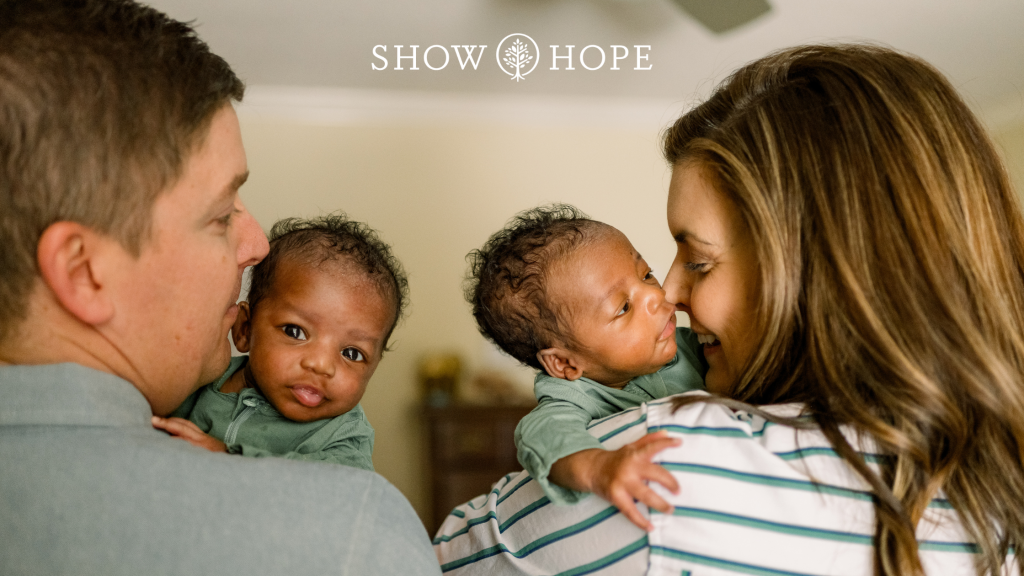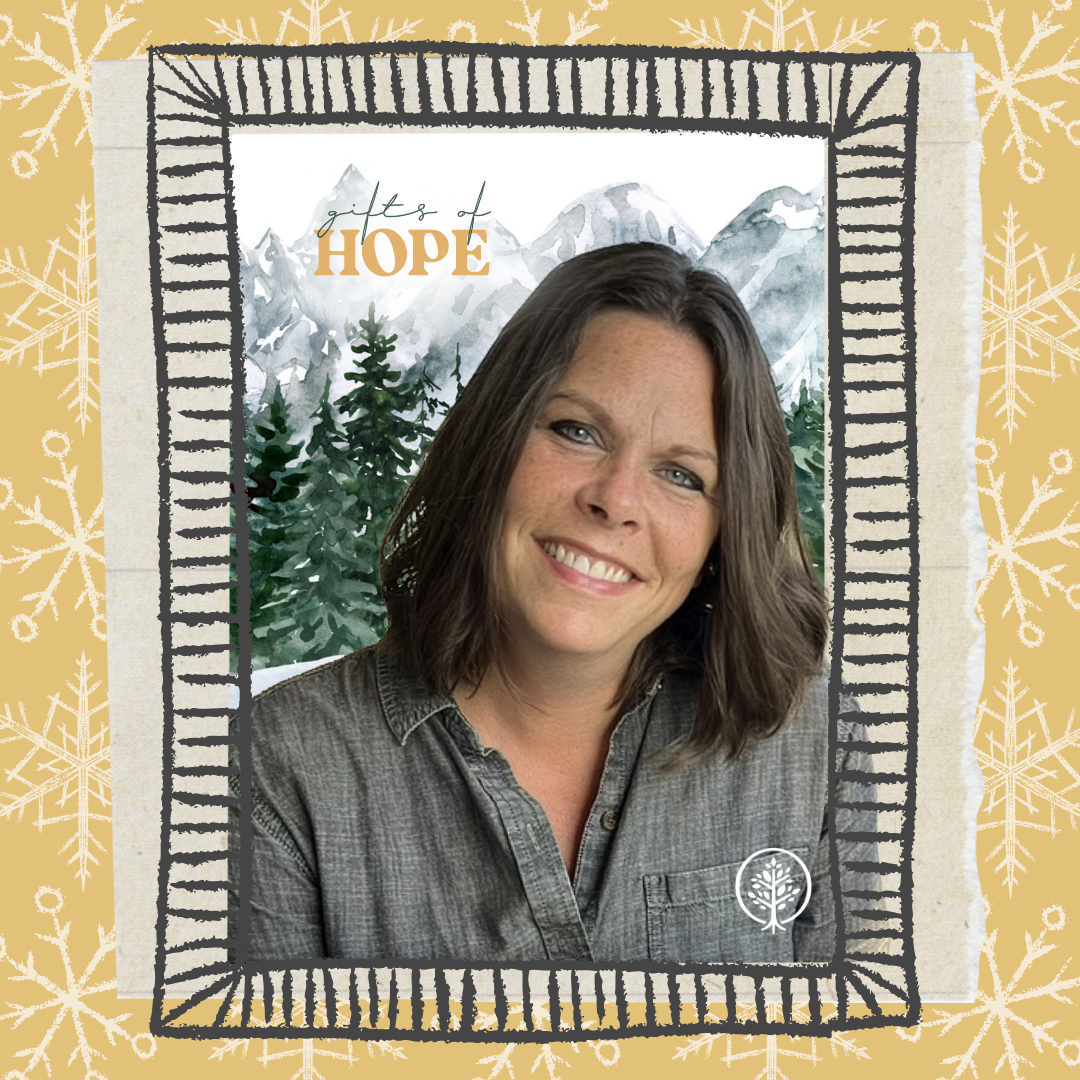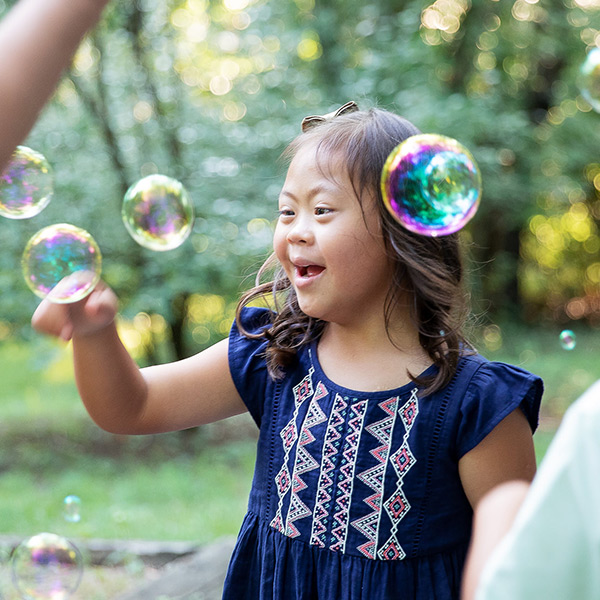Understanding Developmental Milestones

Every child grows at their own pace, but there are markers along the way that help us understand how they’re developing. Known as developmental milestones, these are the physical, emotional, social, and cognitive skills children typically achieve as they grow. Yet for children who have experienced early adversity, such as trauma, neglect, or loss, these milestones may come later or even look a little different. And that’s completely normal. What matters most is that we meet them with patience, presence, and understanding. Through connection, consistency, and a nurturing environment, children can begin to heal and grow. Because every milestone—no matter when it comes—is a reason to hope.
At Show Hope, we believe every child is uniquely created by God and worthy of love, care, and belonging. As parents and caregivers, understanding the developmental journey of children helps us meet them where they are, offering support that’s both informed and compassionate. While every child’s path looks different, especially those impacted by early trauma and loss, there are common milestones that can guide us in offering the care they need to flourish.
The following are some key developmental milestones we typically see in a child’s growth and maturity, as explained by the Centers for Disease Control and the Cleveland Clinic.
Cognitive Development
- Infants (0-12 months): Begins to recognize a caregiver’s face, responds to sounds, and explores with hands and mouth.
- Toddlers (1-3 years): Engages in pretend play, understands simple instructions, and begins to solve basic problems.
- Preschool Children (3-5 years): Asks “why” questions, recognizes colors and shapes, and begins to understand time.
- School-Age Children (6-12 years): Learns to read and write, develops logical thinking and reasoning, and can follow multi-step directions.
- Remember: For children with histories of early trauma and loss, developmental delays are not uncommon. Progress and healing may come at a different pace, and that’s OK.
Social and Emotional Development
- Infants: Smiles in response to others, seeks comfort, and begins to form secure attachments.
- Toddlers: Expresses a wide range of emotions, shows concerns for others, and may struggle with separation.
- Preschool Children: Plays cooperatively, expresses feelings with words, and begins to understand empathy.
- School-Age Children: Develops friendships, manages emotions more independently, and seeks approval from peers and adults.
- Remember: Connection is the key to healing. Building trust and felt safety with a child can help rewire the brain for healthy social and emotional growth.
Language and Communication
- Infants: Coos, babbles, and responds to voices and sounds.
- Toddlers: Uses simple words and phrases, understands “no,” and names people and objects.
- Preschool Children: Forms full sentences, tells stories, and asks many questions.
- School-Age Children: Understands and uses complex sentences, follows conversations, and communicates feelings.
- Remember: Language is more than words. Be patient and attuned to nonverbal cues, especially with children impacted by early childhood trauma, including loss, neglect, and abuse.
Motor Skills
- Infants: Lifts head, rolls over, and begins to sit and crawl.
- Toddlers: Walks independently, begins to climb, and scribbles with crayons and markers.
- Preschool Children: Runs, hops, uses scissors, and draws shapes and people.
- School-Age Children: Rides a bike, writes clearly, and develops strength and coordination.
- Remember: Sensory needs or motor skills delays are common in children impacted by trauma. Through connection and even physical and occupational therapies, growth and healing will come.
Children impacted by adoption and foster care can oftentimes have unique, complex needs that stem from trauma, loss, abuse, and neglect. The impacts of trauma and loss can lead to developmental delays in our children. But it is important to remember, hope and healing are—in no way—out of reach. This is something we, at Show Hope, strive to convey through our online educational and training platform, Hope for the Journey. With a well of wisdom, insight, and practical help, Hope for the Journey is a resource designed specifically for parents and caregivers as well as the communities of churches and professionals wrapping around them in support.





